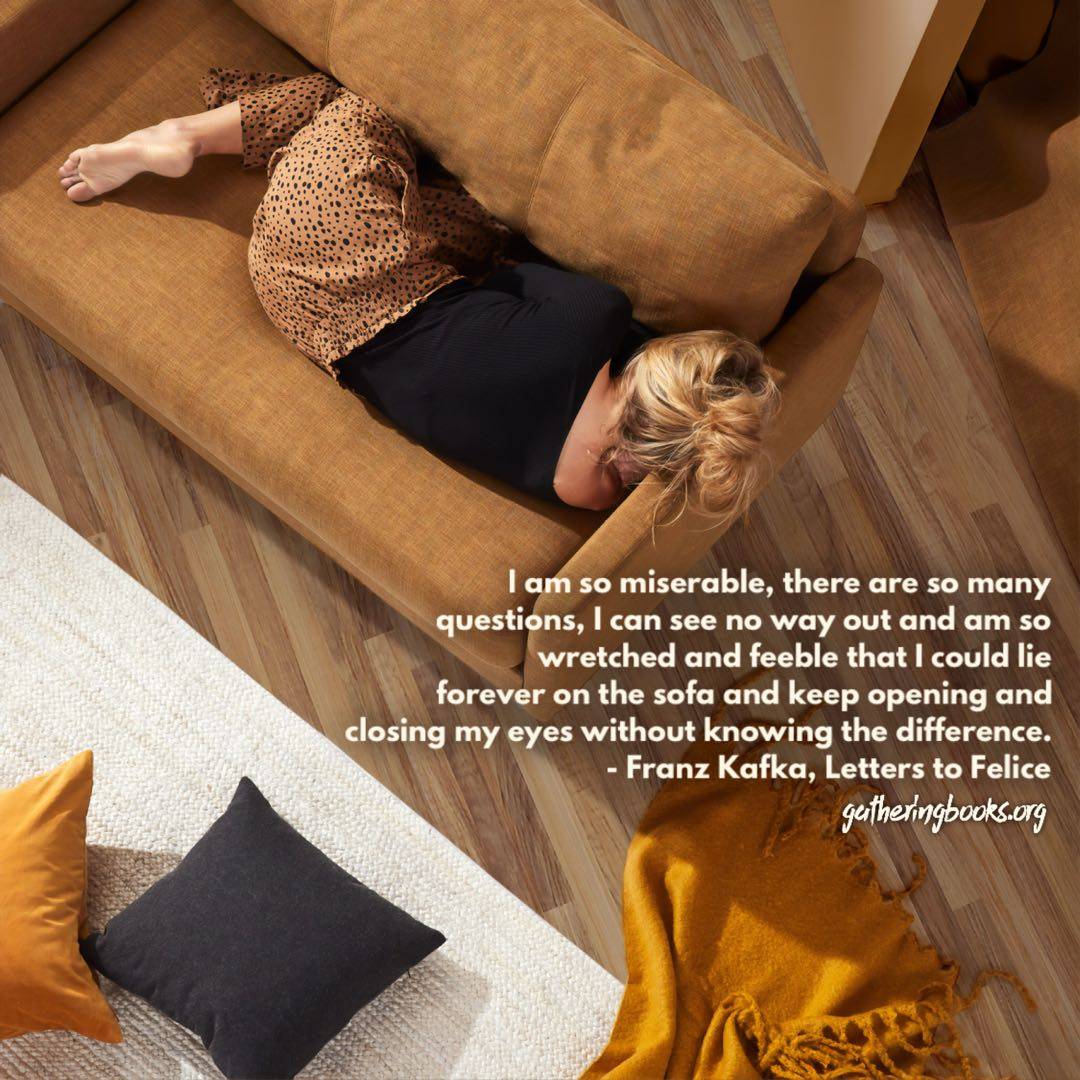
#QuotsyMar20 Day 9: #Miserable
Suet624 oh gosh. I remember feeling that way once. this is such a true and descriptive passage. 5y
marleed At least it‘s a beautiful space to lie down in! 5y
51 likes2 comments

#QuotsyMar20 Day 9: #Miserable
I am restless and cannot pull myself together; I am in the mood for continual and, as it were, circular complaining, although today is no longer yesterday; but the accumulation will overflow and liberate itself into better days.
One has either to take people as they are, or leave them as they are. One cannot change them, one can merely disturb their balance. A human being, after all, is not made up of single pieces, from which a single piece can be taken out and replaced by something else.